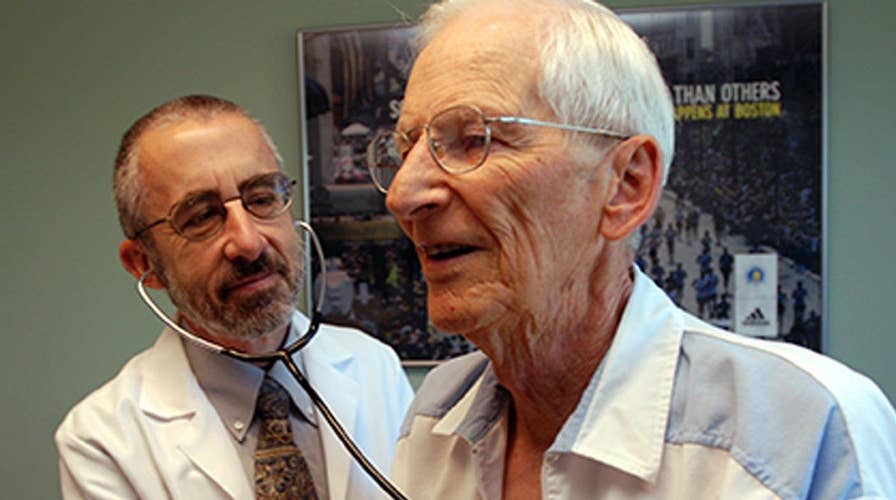Warning signs you could be at risk of a stroke
Factors to keep in mind during American Stroke Awareness Month
Stroke is the fourth leading cause of death and its consequences are among the top causes of disability in the U.S. To put this into perspective, about 795,000 people suffer a stroke each year in this country.
When a stroke occurs, the blood supply to part of the brain is interrupted or reduced. This deprives tissue in the brain of oxygen and nutrients. Within a few minutes, brain cells will begin to die. This is called an ischemic stroke, which account for 87 percent of all strokes. The quicker you act, the better.
Identifying these warning signs of stroke will help you do so:
1. Hard to See: Many people are unaware that vision problems are highly associated with a potential stroke. Double or blurry vision is usually what someone may experience.
2. Balancing: If a stroke is occurring, balance can become an issue. Some people begin to lose their balance and feel shaky.
3. Speech Impairment: Difficulty speaking is a common sign of a stroke. Confusing words, slurred words, trouble speaking are all signs. In the midst of a conversation, some people get confused and may not even realize they're having a stroke.
4. Feeling Weak: Many people may develop weakness in their arms or legs, and in some cases as extreme as some forms of paralysis. It's important to know the stroke usually is happening on the opposite side of your brain than the limb that becomes weak.
5. Facial Paralysis: One of the most common symptoms of a stroke, if you face begins to tighten or you lose a sense of feeling in your cheeks, this could be a sure-sign a stroke has begun. One side of the face may sag and visually looks completely different from the opposite side.
6. Severe Headaches: A severe headache is a symptom that has commonly shown more in women than men. Those who typically have migraines are more at risk for experiencing this symptom if a stroke occurs. If a sudden headache comes on that makes you feel dizzy, this could mean a stroke is on the way.
7. Losing Your Senses: Of your five-senses, you may begin to lose function in hearing, seeing, smelling, tasting and touching. Everything from the smallest change in your senses to complete dysfunction, could be a sign of a stroke.
A healthy lifestyle, including healthful eating, physical activity and regular doctors’ visits, can not only help you maintain overall well-being, but also help reduce your risk of stroke. You may not know this, but many of the risk factors for stroke are under your control. Some quick tips to lowering your risk of stroke are:
• Quit smoking
• Lose weight
• Get your diabetes in check
• Reduce your cholesterol levels
• Take control of your blood pressure
